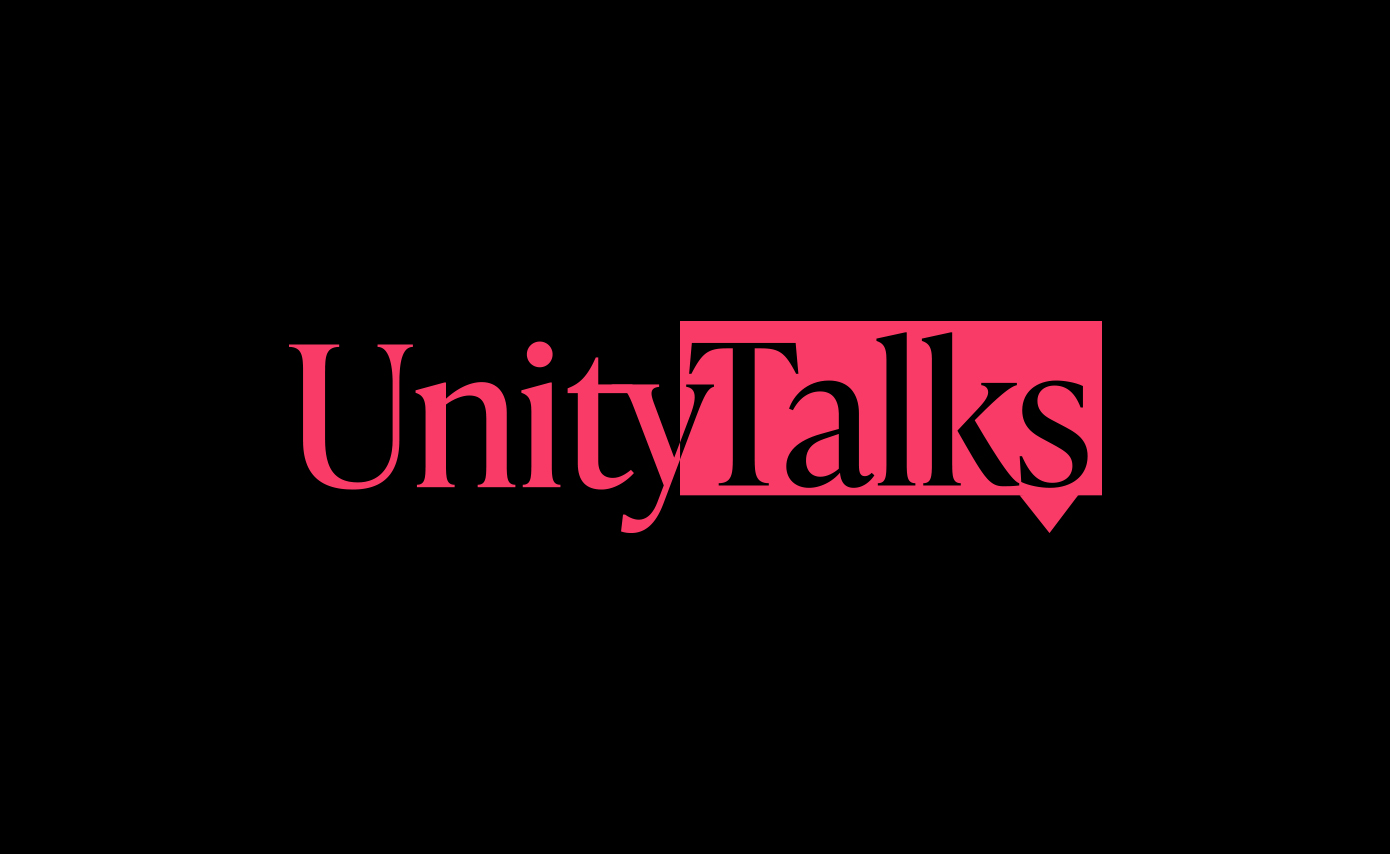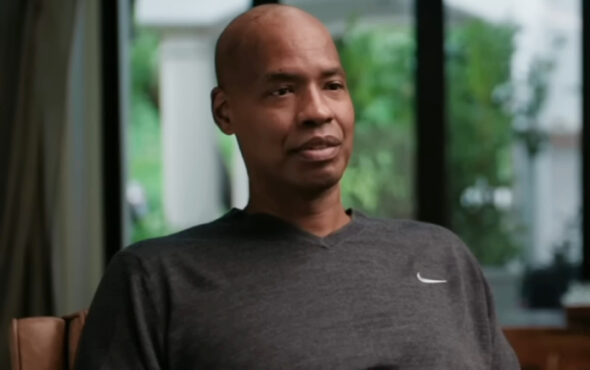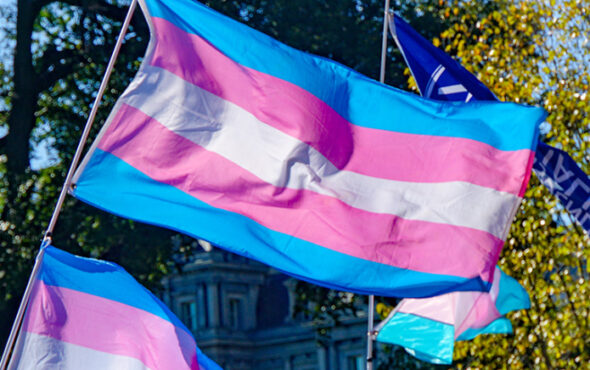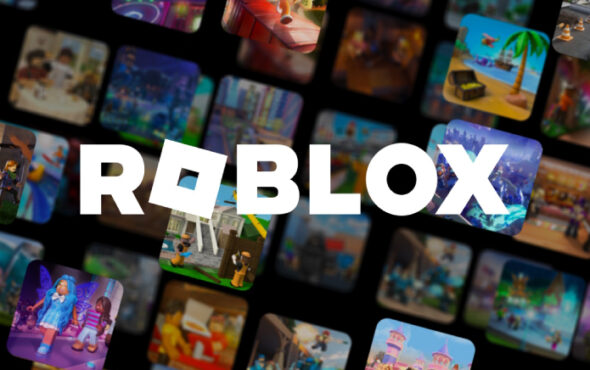
For this instalment of Unity Talks, I wanted to explore Black and Asian solidarity. As people of colour in the diaspora, we share aspects of culture and have a history of uniting for a common cause. This can be seen in the British Black Panthers which was made up of Black and South Asian leaders and members and it can also be seen in movements like Southall Black Sisters. Political Blackness was used to define people of colour in the 60s and 70s and in particular brought Black and South Asian people together.
The issues that have existed between our communities were also apparent then and so the decision to unite under one banner sent a powerful message. Over time though, this has been lost to identity politics, labels and tribalism which have been a necessary part of our journey. As people of colour and as LGBTQ+ people in particular, I think we understand how being able to connect with someone that shares our identity gives way to a sense of feeling understood and accepted that we have long been craving.
An outcome of this trend has been the many groups and spaces where we can meet people like ourselves and converse, but this has also led to siloes of thinking and fragmented ideas and missions. We are having radical, bonding and often life-changing ideas in our respective communities or tribes. But these are not being cross-pollinated for the benefit of all. As intersectional people, we are fortunate to be able to meet a variety of schools of thought. For example, I can have conversations about being Indian, a person of colour, a woman, being gender fluid, working class, a Dalit caste and many other of my intersections. And I benefit from them all and can share ideas and thoughts across different groups. By pooling together what I learn and grow from I can shape new ideas. Imagine what we can do if we did this collectively.
The majority of the world is marginalised. Most of us share an understanding of this, whether it’s your sexuality, gender, race or class. We are more powerful when we unite and with the divisive nature of politics and hence polarisation of belief systems right now, it feels like a reminder is needed of how we can work together.
Looking at the US elections and seeing a country divided in two virtually equal parts makes me think of how important it is, especially now, to reach out and build connections and unite. I believe every human has a point of connection with every other human, we’ve just become blind to this. It’s time to open our eyes and our hearts.
Mala Sen was a leader of the British Black Panthers and Black Women’s movement and also wrote a book about Phoolan Devi, a radical and inspiring freedom fighter in India which was later made into a film ‘Bandit Queen’. Along with Olive Morris, Farrukh Dhondy, Darcus Howe and Linton Kwesi Johnson and others, Sen was key in the fight for racial justice in the 60s and 70s. The history of Black and South Asian people working together often gets forgotten or erased, especially as the term ‘Black’ is used much less in the political sense it was in the 60s and 70s, largely due to the aforementioned identity and label obsessed time we are in now.
Our struggles are not the same and yet we have a common enemy in racism and white supremacy. Colonisation and enslavement have different impacts on people, on communities, on cultures. We carry different traumas. Hence we have learned different ways of navigating the systems that surround us. My belief is that by bringing together all that is powerful from our cultures and simultaneously holding each other in our shared pain and struggle, we can unite to create meaningful and lasting change in the world.
As a queer Indian woman, I have found more understanding, acceptance and meaningful connection with my Black siblings than from my own family of origin and much of the South Asian community. I think this is because of the overwhelming misogyny and homophobia that exists in my community. But also because colonisation taught us to assimilate. This desire to be accepted by those perceived to have been powerful, in this case white people, has been based on colonisation, propaganda and brainwashing over hundreds of years. In fact, we are still trapped by it now.
And so my ask is this, can we begin to question our notion of power? What if the power lies with us? What if it always did? What if, the reason we were criminalised, colonised and enslaved in the first place was because of our power? And everything that has come since has been designed to make us question that it even exists in us.
Can you be in your power, as someone from a marginalised identity, whilst seeing the power in someone from a different marginalised identity and stand with them? Because, this is what we’re being asked to do, now more than ever.



